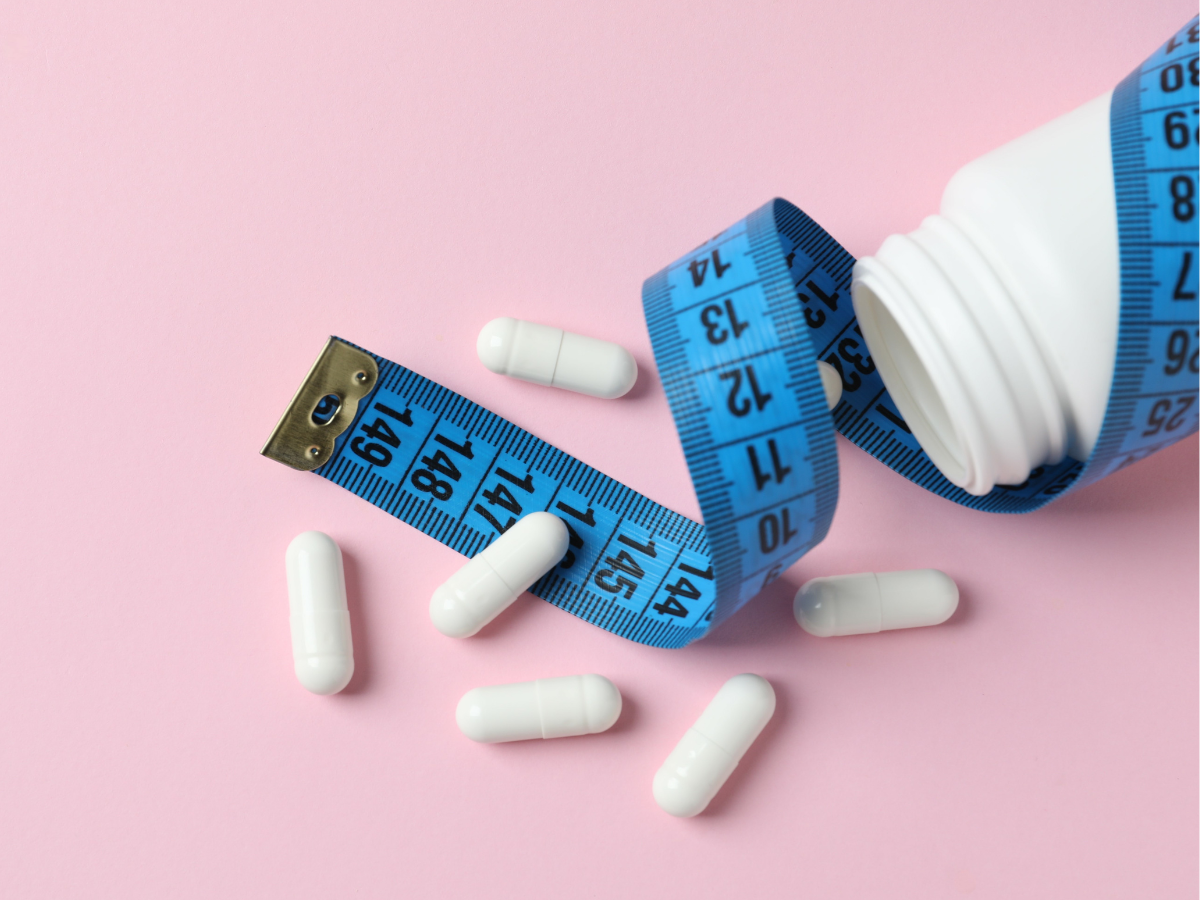GLP-1 Medication and Alcohol: What the Research Says About Cravings, Tolerance, and Change

GLP-1 Medication and Alcohol: What the Research Says About Cravings, Tolerance, and Change
GLP-1 and Alcohol — A Surprising Shift?
If you’re taking a GLP-1 weight loss medication like semaglutide (Wegovy, Ozempic) or tirzepatide (Mounjaro), you might have noticed something unexpected:
Your relationship with alcohol has changed.
Some people report a lower tolerance. Others say their usual glass of wine now feels too much — or that they don’t fancy alcohol at all anymore.
You are not alone in experiencing this change, and it is not just in your head. In fact, new scientific research is beginning to explain why GLP-1s may make you less likely to drink and what that means for your health in the long run. How GLP-1 Medications Work — and Why They Might Affect Alcohol
GLP-1 medications were originally designed to support people with type 2 diabetes and obesity.
They function by: Slowing digestion
Reducing appetite
Helping the brain feel fuller, faster
Regulating blood sugar
Influencing dopamine and reward pathways in the brain
It’s this last point that’s especially interesting.
Alcohol does the same thing to the reward centers in the brain as food cravings do. By calming down the dopamine response, GLP-1s may help reduce the urge to overindulge — in food and alcohol.
What the Research Says So Far
Recent studies and some major pharmaceutical companies have discovered the following:
1. JAMA Psychiatry Study (2024):
A double-blind, placebo-controlled trial published in JAMA Psychiatry showed that people on semaglutide reduced their alcohol intake by nearly 50% compared to the placebo group. They reported fewer cravings, fewer heavy-drinking days, and a lower overall desire to drink.
Read the study
2. Irish Population Study (2023):
This study, which was published in Diabetes, Obesity, and Metabolism, found that people taking semaglutide or liraglutide consumed significantly less alcohol: Drinking on a weekly basis decreased by 60%. Among regular drinkers, intake dropped from 23.2 to 7.8 drinks per week
Read the study
3. Large-Scale Patient Data (2024):
Over 500,000 patients in a retrospective study revealed that GLP-1 users had: 50% fewer alcohol-related hospitalizations 40 percent less opioid overdoses This suggests GLP-1s may have broader applications in addiction treatment, not just weight loss.
Read the press coverage
4. The Position of Eli Lilly:
Mounjaro’s manufacturer, Eli Lilly, has confirmed plans to begin large-scale addiction studies in 2025, specifically focusing on how GLP-1 drugs may assist with alcohol and substance use disorders. However, their own clinical findings have not yet been published. Data source
What Does This Mean for You?
If you’re taking a GLP-1 medication and noticing that:
You get drunk quicker. Alcohol affects you more strongly
You are not drinking at all or drinking less. …that’s normal. And it might even be a benefit.
Many Slimming Clinic patients report feeling more in control, less reliant on a nightly glass of wine to unwind, and better energy levels as a result.
How to Avoid Alcohol When Using GLP-1s: ✔️ Drink mindfully — You may feel the effects sooner than before
✔️ Start small — Especially if it’s your first time drinking on medication
If you feel sick, don’t drink alcohol because GLP-1s can make your stomach more sensitive. ✔️ Notice the change — Reduced cravings? Less interest in drinking? This is a win. Real Talk From Patients
“Since starting my GLP-1, I just don’t fancy wine anymore — and honestly, I feel amazing the next morning.”
– Client of the Slimming Clinic “I used to drink to relax, now I go for a walk or do my skincare. I have regained control over my body. – A Slimming World member Final Thoughts: It’s a Side Effect You Might Celebrate
GLP-1s aren’t just about numbers on the scale. They’re also helping people feel calmer, clearer, and more in control — whether it’s with food or alcohol.
This research is still emerging, and there’s more to learn, but one thing is clear:
One more advantage of taking charge of your health may be changing your relationship with alcohol.


